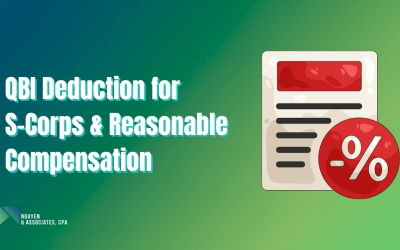
In the past couple of weeks, you probably heard that Equifax, one of the three credit bureaus had a security breach compromising about 143 million people in the United States. This is a very serious matter and differs from security breaches of Target or Sony in the past.
Why is this different?
When Target was breached, information such as your credit card number and address were compromised. While this is disappointing, it’s relatively easy to protect yourself against credit card fraud, and easy to correct any fraud that may have happened because of the breach.Equifax on the other hand, has your SSN, date of birth, current address, previous addresses, all bank accounts, mortgage accounts, basically your entire credit/financial historyfrom when your parents added you to their credit card and all identifying information. This information can be used to open new accounts under your name, to file fraudulent tax returns, to get ID cards made, the possibilities are frightening.
Who are affected?
Have you opened a credit card at some point in your life? How about a bank account? Bought or leased a car? If you answered yes to any of those questions, it is likely that your information may have been affected. You can go to the website that Equifax set up to see if you have been affected, but to be straight, it’s a complete sham. I entered my information one time and it said I wasn’t affected, I tried a few other times and it randomly said that I was and wasn’t affected at various times.
What can you do?
The first thing we recommend is to get a copy of your credit report immediately so you know you’re your credit looks like now before it is potentially compromised. Go to annualcreditreport.com to get a free annual report.Next, place a security freeze on your credit from all three of your credit bureaus. TransUnion has made their freeze a little harder to find because they are trying to push their “Credit Lock” product in response to this breach. Here are the websites and numbers to call to get your credit frozen:
TransUnion
https://freeze.transunion.com/sf/securityFreeze/landingPage.jsp
1-888-909-8872
Experian
https://www.experian.com/freeze/center.html
1-888-397-3742
Equifax
https://www.freeze.equifax.com/Freeze/jsp/SFF_PersonalIDInfo.jsp
1-800-685-1111
It’s common for frauders to file tax returns under your SSN to claim a refund to their bank account. One way to safe guard against this is to get an Identity Protection PIN from the IRS. You can start the process on their website. If you don’t want to go through the process of getting your IP PIN, we suggest you file your tax return as soon as you can at the beginning of the year.As always, reach out to us if you have any questions or concerns.



